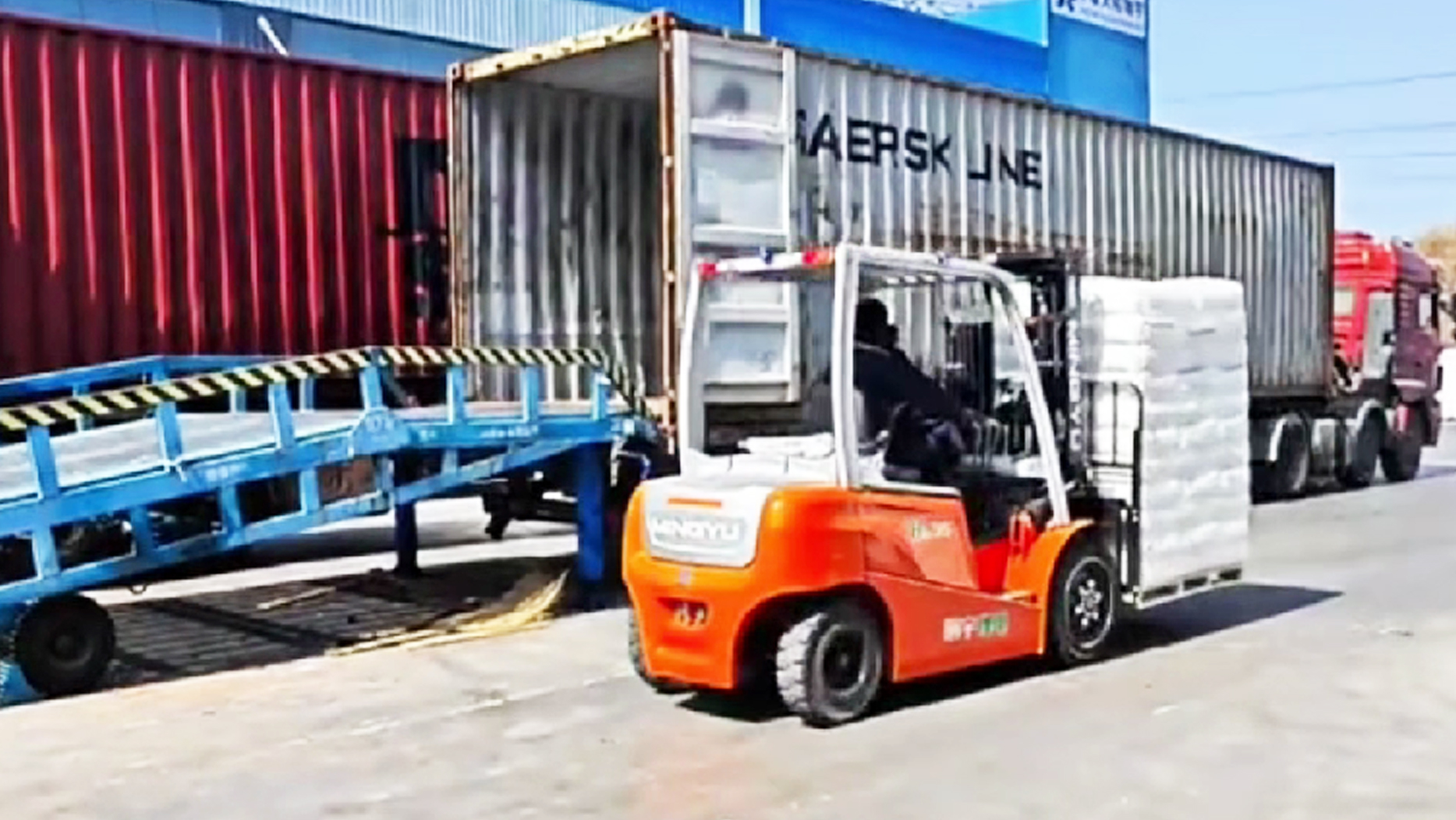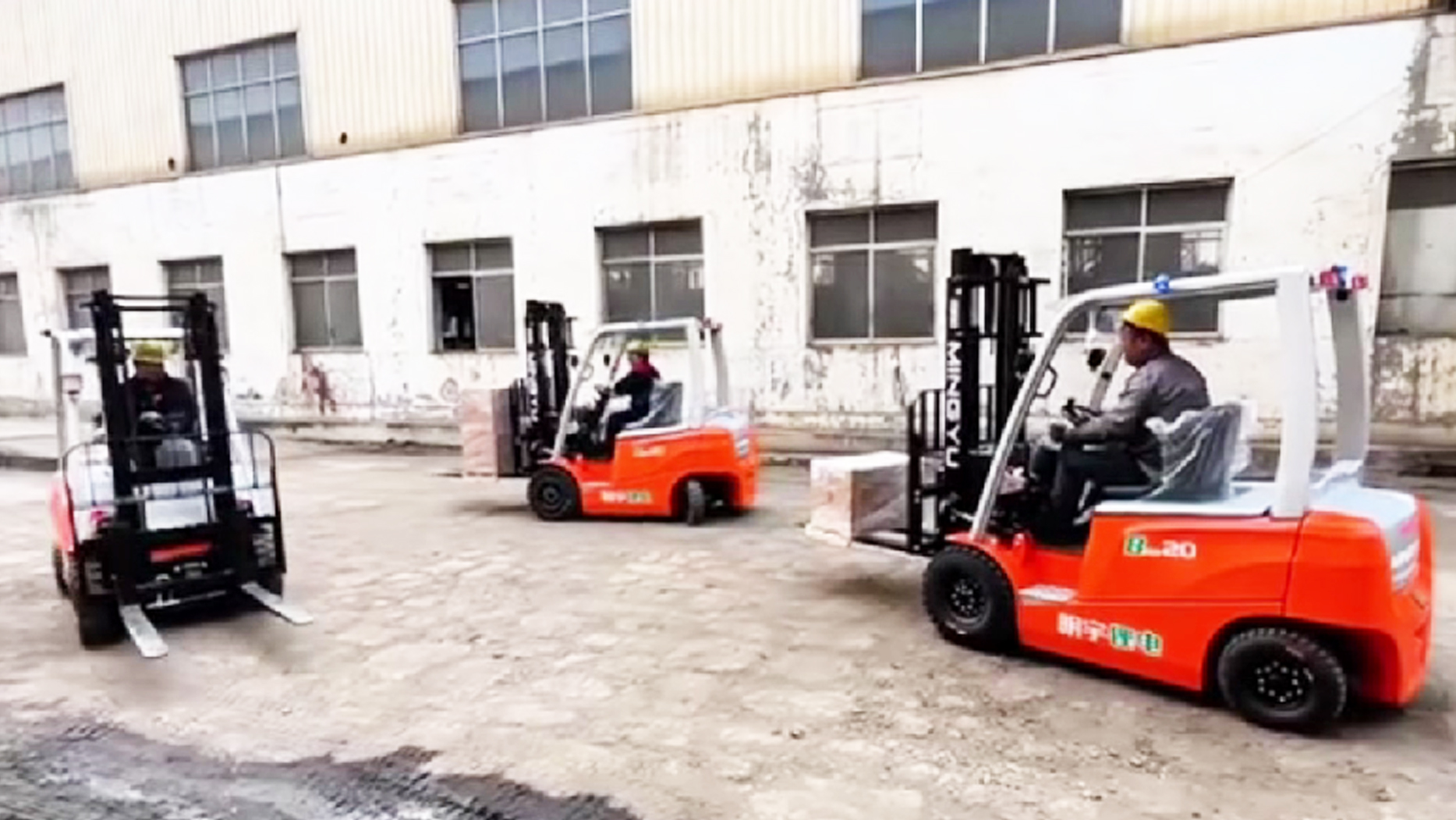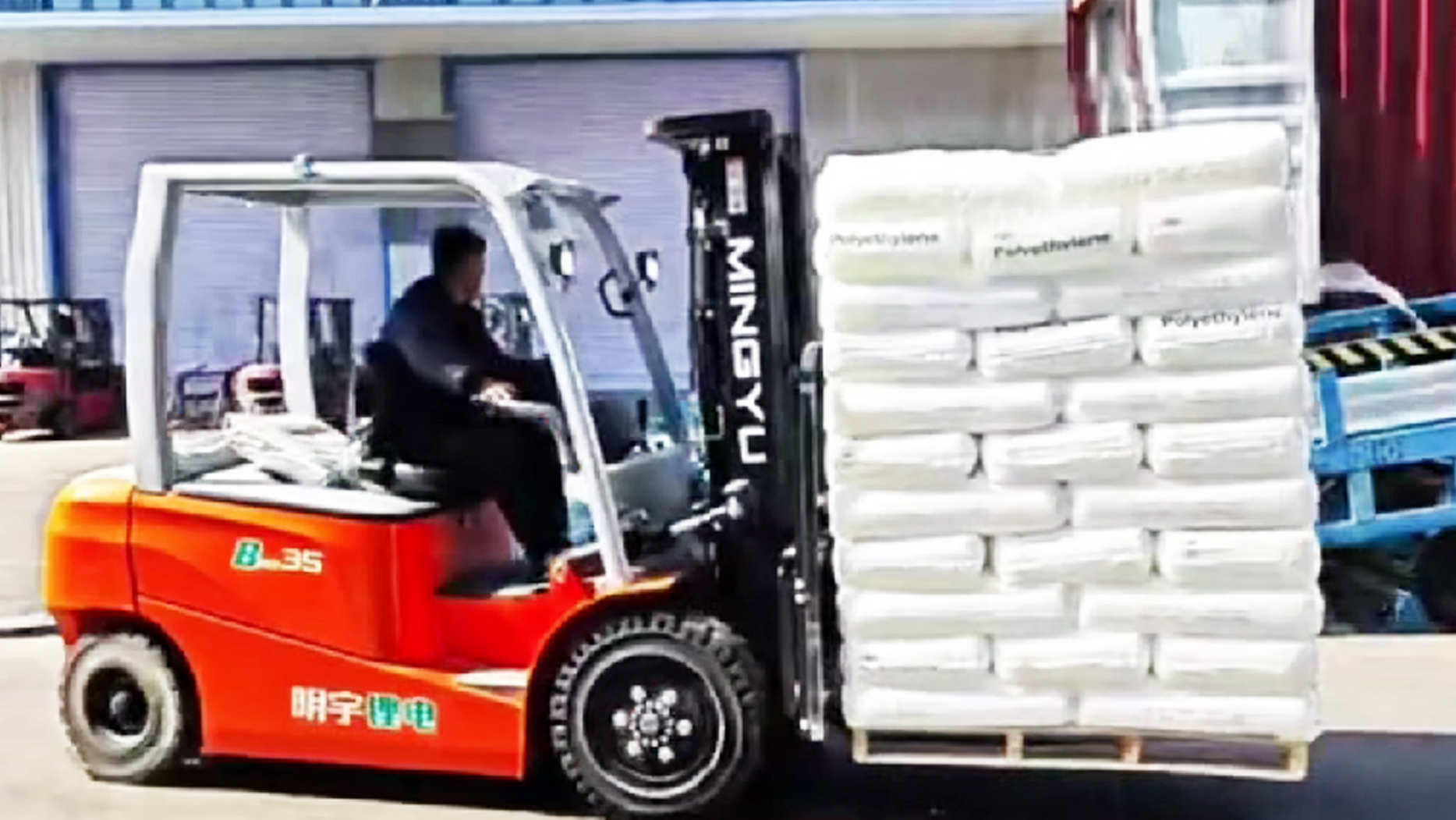The term "forklift license" is widely used, but it's a common misnomer. In the United States, unlike a driver's license for a car, there isn't a government-issued "forklift license." Instead, the Occupational Safety and Health Administration (OSHA) mandates that employers provide training and certification for anyone operating a powered industrial truck, which includes all types of forklifts. So, the question isn't "how much is a forklift license?", but rather "how much does forklift training and certification cost?"
The cost can vary significantly depending on several factors, including the training format (online vs. in-person), the provider, whether you're an individual or part of a group, and the specific type of forklift you're being certified on, such as a DIESEL FORKLIFT or one of the specialized ROUGH TERRAIN TRUCKS. This article will break down these costs, outline the components of OSHA-compliant training, and discuss the nuances of certification for different forklift types.
Understanding OSHA's Requirements: Certification, Not a License
OSHA Standard 29 CFR 1910.178 (Powered Industrial Trucks) dictates that only trained and authorized operators are permitted to operate a forklift. This training must include:
Formal Instruction: Classroom-style learning (lectures, videos, discussions, written materials) covering principles of safe operation, vehicle characteristics, workplace hazards, and OSHA regulations.
Practical Training: Hands-on experience operating the specific type of forklift the operator will be using, under the direct supervision of a qualified trainer.
Performance Evaluation: An assessment of the operator's proficiency and safe operating habits in the workplace.
Crucially, certification is site-specific and equipment-specific. This means:
Site-Specific: A certification obtained at one company may not be automatically valid at another, even if the same forklift type is used. The new employer is responsible for re-evaluating the operator in their specific workplace environment.
Equipment-Specific: Being certified on one type of forklift (e.g., a standard counterbalance forklift) does not automatically qualify an operator to use a different type (e.g., a DIESEL FORKLIFT with different operating characteristics or a ROUGH TERRAIN TRUCK). Additional training and evaluation are required for each different "type" or "class" of forklift.

Certification is typically valid for three years, after which refresher training and re-evaluation are required. However, re-evaluation may be needed sooner if unsafe operation is observed, an accident occurs, or workplace conditions or equipment types change.
Cost Factors: What Influences the Price Tag?
The cost of forklift certification can range widely, from as little as $50 to several hundred dollars. Here's a breakdown of the factors influencing the price:
1. Training Format:
Online Courses (Typically $50 - $200):
Pros: Most affordable option. Self-paced, flexible, accessible from anywhere with internet. Reduces travel costs and downtime.
Cons: Only covers the "formal instruction" component. The employer is still responsible for providing the "practical training" and "performance evaluation" on-site. This format is best suited for individuals seeking to complete the theoretical portion or for employers who have qualified internal trainers to handle the hands-on segment. Some reputable online providers offer courses for around $59 to $100.
In-Person / Blended Courses (Typically $100 - $350 per person):
Pros: Provides both formal instruction and hands-on training in a single package. Often includes the practical evaluation. Beneficial for individuals who need comprehensive training without employer-provided hands-on instruction.
Cons: Higher cost due to instructor fees, facility rentals, and equipment usage. Less flexible schedule. May involve travel costs and lost wages for the trainee. Prices vary geographically; for example, a course in Hayward, CA, might be $300.
On-Site / Employer-Provided Training (Cost Varies, often included in employment):
Pros: Tailored to the specific equipment and workplace environment. The most OSHA-compliant method as it covers all three required components directly in the work setting. Often free to the employee, as the employer bears the cost.
Cons: Costs the employer significant resources (trainer time, equipment usage, curriculum development). For smaller businesses, outsourcing to a third-party trainer might be more cost-effective.
"Train-the-Trainer" Programs (Typically $150 - $400 for the trainer certification): These programs certify an employee to become an in-house forklift trainer. This is a significant upfront investment but can save a company money in the long run by allowing them to certify multiple employees without repeated external costs. A kit for training might cost around $299.
 2. Type of Forklift:
2. Type of Forklift:
While OSHA's general requirements apply to all powered industrial trucks, specialized forklifts require training specific to their unique operating characteristics and hazards. This can sometimes influence the cost.
Standard Counterbalance Forklifts (e.g., electric, LPG): This is the most common certification. Costs for these are typically what you see in the $50-$300 range.
DIESEL FORKLIFT (Class IV & V):
Characteristics: Diesel forklifts are typically larger, designed for outdoor use, have pneumatic tires, and produce emissions. They are often used in construction, lumberyards, and heavy industrial applications.
Training Considerations: Training for a DIESEL FORKLIFT will cover specific aspects like outdoor stability, refueling procedures, engine maintenance checks, and operation in different ground conditions. While the fundamental OSHA requirements are the same, the practical training will emphasize these diesel-specific nuances. The cost is usually in line with general forklift training, as the class is just a sub-category. Online courses for Class VII (which includes rough terrain) often cost around $60.
ROUGH TERRAIN TRUCKS (Class VII):
Characteristics: These are purpose-built for uneven, muddy, or sloped surfaces. They often feature large pneumatic tires, higher ground clearance, and sometimes extendable booms (telescopic handlers).
Training Considerations: Certification for ROUGH TERRAIN TRUCKS is critical due to their unique stability challenges. Training will extensively cover:
Dynamic stability on uneven terrain and slopes.
Understanding load charts for telescopic booms.
Proper use of outriggers (if equipped).
Operating in adverse weather conditions.
Navigating obstacles and soft ground.
Cost: Due to the specialized nature and increased risk, in-person training for rough terrain forklifts might be slightly more expensive, ranging from $175 to $350 per person for a dedicated rough terrain course.
3. Provider and Included Services:
Online Training Platforms: Offer basic certification at competitive prices, often with features like unlimited quiz retakes and instant downloadable certificates.
Vocational Schools/Community Colleges: May offer more comprehensive, multi-day courses, sometimes leading to a broader "material handling" certification, but often at a higher cost.
Private Training Companies: Specialize in forklift training, offering a range of options from public classes to on-site corporate training. Prices vary based on their reputation and services.
Dealerships/Manufacturers: Some forklift dealers or manufacturers offer training programs, often specific to their equipment, which can be valuable.
4. Group Discounts:
Many providers offer discounts for multiple trainees. Employers sending a group of employees for certification can often negotiate a lower per-person rate. For example, some sites offer 20-50% discounts for larger teams.
Renewal Costs:
As mentioned, forklift certification is generally good for three years. The cost to renew typically ranges from $50 to $100. Many online providers offer free renewals if you initially certified with them. This renewal process usually involves a review of the formal instruction and a re-evaluation of practical skills.

The Hidden Costs of NOT Certifying:
While the upfront cost of certification might seem like an expense, it pales in comparison to the potential costs of non-compliance and accidents:
OSHA Fines: Operating forklifts with uncertified operators can lead to significant fines from OSHA, potentially thousands of dollars per violation.
Accidents and Injuries: Uncertified operators are more prone to accidents, leading to:
Worker injuries, medical costs, and lost work time.
Damage to equipment, products, and facility infrastructure.
Increased workers' compensation insurance premiums.
Legal liability and lawsuits.
Reputational damage to the company.
Reduced Productivity: Unsafe or inefficient operation by untrained workers can slow down operations and reduce overall productivity.
Conclusion: An Investment in Safety and Efficiency
So, how much is a forklift license? The actual cost for an OSHA-compliant forklift certification typically ranges from $50 for basic online formal instruction to $350 for comprehensive in-person training, with specialized certifications for equipment like DIESEL FORKLIFTS and ROUGH TERRAIN TRUCKS falling within or slightly above this range.
While there's an upfront cost, viewing it as an investment rather than an expense is crucial. Proper forklift certification is not just a regulatory hurdle; it's a fundamental commitment to workplace safety, operational efficiency, and legal compliance. The potential savings from accident prevention, reduced downtime, and avoidance of hefty fines far outweigh the cost of initial training and periodic re-evaluation. For any business utilizing forklifts, ensuring every operator is thoroughly trained and certified is not optional – it's an absolute necessity.
Post time:May.23.2025
